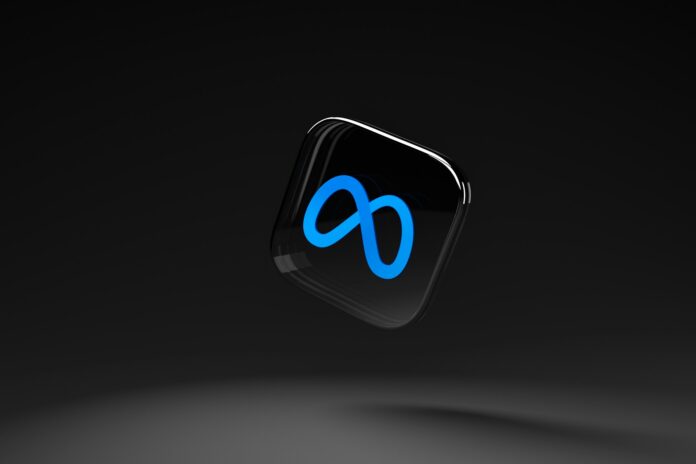- Meta, the parent company of Facebook, is hiring engineers to develop their own AI chips for data centers.
- These chips, codenamed Artemis, aim to handle AI tasks and may be part of a larger project for artificial general intelligence.
- Meta’s move aims to reduce dependence on Nvidia’s hardware and could boost India’s semiconductor industry.
Meta, the company behind Facebook, is on the lookout for engineers to help them develop special chips for their data centers. These chips, called Artemis, are designed for artificial intelligence (AI) tasks. While Meta has been using Nvidia‘s powerful GPUs for this purpose, they’re now planning to make their own AI hardware.
They’re hiring engineers in places like Bangalore, India, and Sunnyvale, California, to work on these chips.
These engineers need to be experts in designing and testing chips. The job descriptions talk about building advanced machine-learning accelerators and designing complex chips for data centers. Some of these jobs pay around $200,000.
Meta’s project is likely connected to their upcoming “Meta Training Inference Accelerators.” These chips will help with AI tasks and might be used for a bigger project: artificial general intelligence. This means creating AI that can do a wide range of tasks like a human can.
Meta’s move to make their own AI chips is a smart one. The demand for AI technology is growing fast, and Nvidia, the company they currently rely on for hardware, is struggling to keep up. By making their own chips, Meta can ensure they have the technology they need without having to compete with others for it.
This move might also be good for India. Meta’s decision to hire in Bangalore could boost India’s semiconductor industry. The Indian government is trying to make India a big player in this industry.
Rumors are also swirling that Microsoft is working on its own technology to reduce its dependence on Nvidia.
They’re reportedly making a special card for servers to make AI tasks run better. This shows that Nvidia’s competitors are looking for ways to rely less on its hardware.

